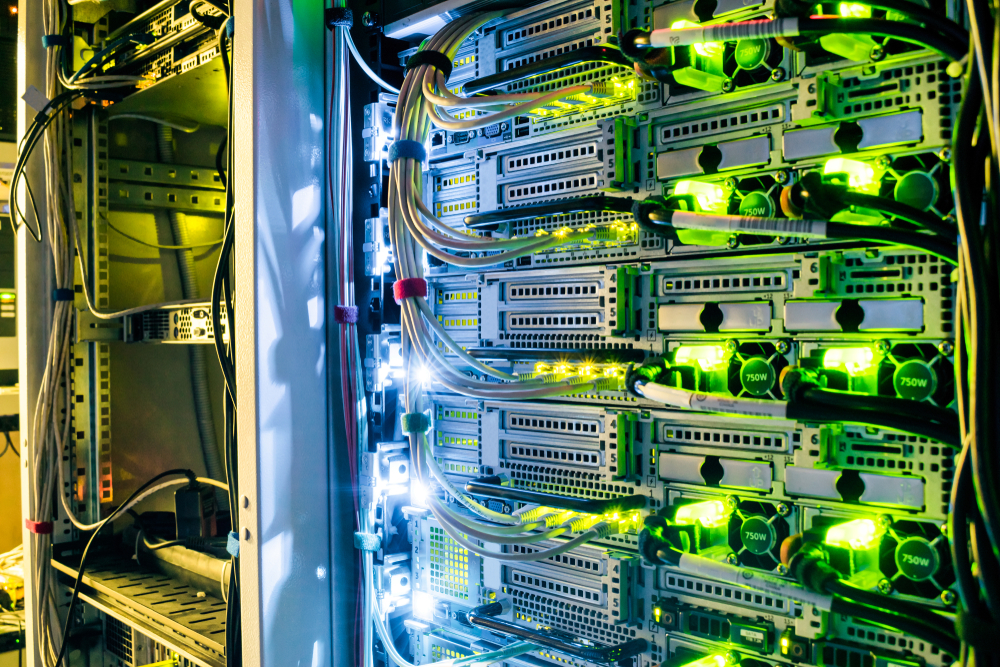The cabinet is the last point of vulnerability when it comes to preventing access to equipment, so having the proper controls in place at the cabinet level is critical. This is particularly true in multi-tenant environments, edge data centers, and remote sites that have one or two onsite cabinets, such as retail stores. Also, increasingly complex compliance requirements are driving the need for better physical security in the data center.
Traditionally, physical security at the cabinet level meant a lock and key. However, keys are easily lost or stolen, and managing lock-and-key security across multiple sites is difficult. More organizations are turning to electronic access solutions, which can be remotely managed. Users can be easily added or removed, and locks can be reprogrammed when a security threat is identified or suspected.
There are three general types of access control methods that are based on:
- something you have, such as an access card or key.
- something you know, such as a password entered a keypad.
- something you are, such as a fingerprint, facial recognition and other forms of biometrics authentication.
The access control device makes it possible to remotely operate the electronic lock system using different types of technology, such as keypads, RFID readers, biometric scanners and mobile devices. Each time someone attempts to access the cabinet, an electronic signature is created. Access data, along with various security and environmental data, can be remotely monitored so data center operators know who is accessing each cabinet and what is happening each time.
When electronic locking is combined with intelligent power distribution units (PDUs), you can also collect data from the PDUs and remotely monitor data center conditions and activity at the device level. In addition, a centrally managed access control system can be integrated with security tools and data center infrastructure management (DCIM) software through open protocols such as SNMP. This allows you to share data between systems and provides visibility into all data through a single pane of glass.
The ultimate solutions drop down to a single hardware that combines electronic locking, environmental monitoring, power monitoring and intelligent PDUs into a fully integrated cabinet ecosystem. Special routing can be added to various cabinet models designed to support electronic locking in the door systems, which include door sensors and a smart card reader. There are several electronic locking options, including:
- Networked Electronic Access Control Swinghandle Kit, a networked electronic lock solution for cabinets
- Electronic Lock Kit System 1000, which features a standalone electronic keypad lock that delivers stronger security than traditional mechanical and combination locks
- Zwipe Access Card with Biometric Authentication, which provides multi-factor authentication and can be integrated with most employee ID and access control systems
Rahi Systems can help you update your physical security to prevent unauthorized access to equipment inside your cabinets. Let us show you how to simplify security, monitoring and reporting and ensure that your data center hardware is as secure as the rest of your IT environment.




